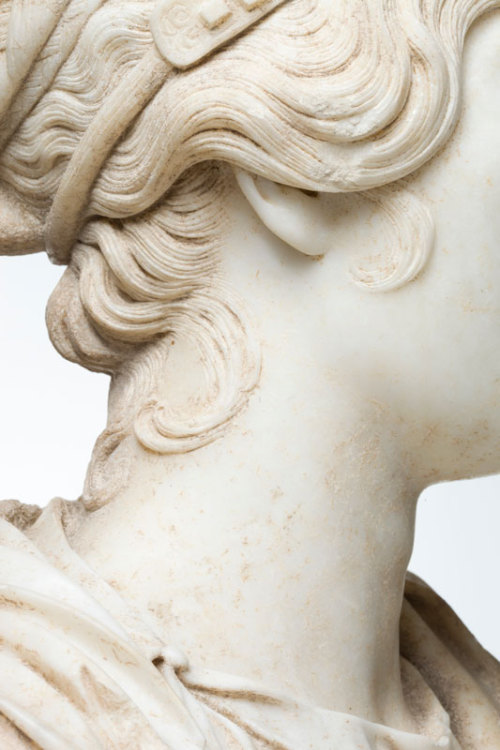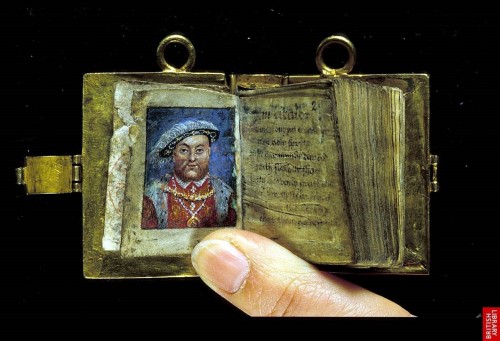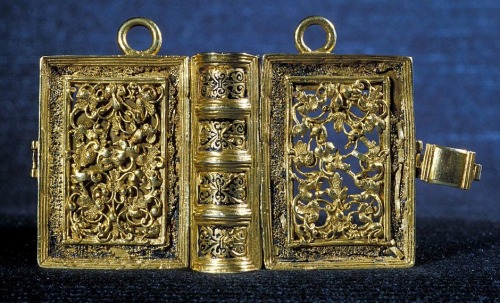And I Began To Learn The Names Of Trees. I Like To Call Things As They Are. Before, The Only Thing I
And I began to learn the names of trees. I like to call things as they are. Before, the only thing I was interested in was love, how it grips you, how it terrifies you, how it annihilates and resuscitates you. I didn't know then that it wasn't even love I was interested in but my own suffering. I thought suffering kept things interesting. How funny that I called it love and the whole time it was pain.
Ada Limón, Calling Things What They Are
More Posts from Moonmovement and Others

Portrait Bust of a Woman (detail), Roman, Antonine Period, 140-150 AD
Photo by Erika Dufour
The true and serious beauty of trees, how it seemed insane that they should offer this to us, how unworthy we were, bewildered how soon we were nearly weeping at their trunks as they tossed down petal after petal, and we tried to remember how it felt to receive and notice the receiving
Ada Limón, Hooky
and how it's hard not to always want something else, not just to let the savage grass grow.
Ada Limón, Mowing
he does not understand the reason for the moon
Garous Abdolmalekian, Long Poem of Loneliness tr. Ahmed Nadalizadeh and Idra Novey
tragedy is thinking in action, thinking upon action, for the sake of action
- Simon Critchley, Tragedy, the Greeks, and Us
FOR RENT: / an empty sky
- Agata Tuszyńska, Classified Ads tr. Regina Grol
To retreat is not feminine, male, or trickery. It is a terror before utter destruction. What we analyze inexorably, will it die? Will June die? Will our love die, suddenly, instantaneously if you should make a caricature of it? Henry, there is a danger in too much knowledge. You have a passion for absolute knowledge. That is why people will hate you.
Anaïs Nin, Henry and June
When you have nothing to say, set something on fire.
Richard Siken, Landscape with Fruit Rot and Millipede


Anne Boleyn’s Tiny Golden Psalm Book - she’s said to have handed it to one of her Maid’s of Honour moments before she was executed in 1536.
The pictures show a miniature of Henry Vlll on the left, with gothic cursive script on the facing page, and the gold tracery covers.


‘Agamemnon,’ Aeschylus (translated by Anne Carson)
-
 0diagnonsense0 liked this · 1 year ago
0diagnonsense0 liked this · 1 year ago -
 moonmovement reblogged this · 2 years ago
moonmovement reblogged this · 2 years ago
